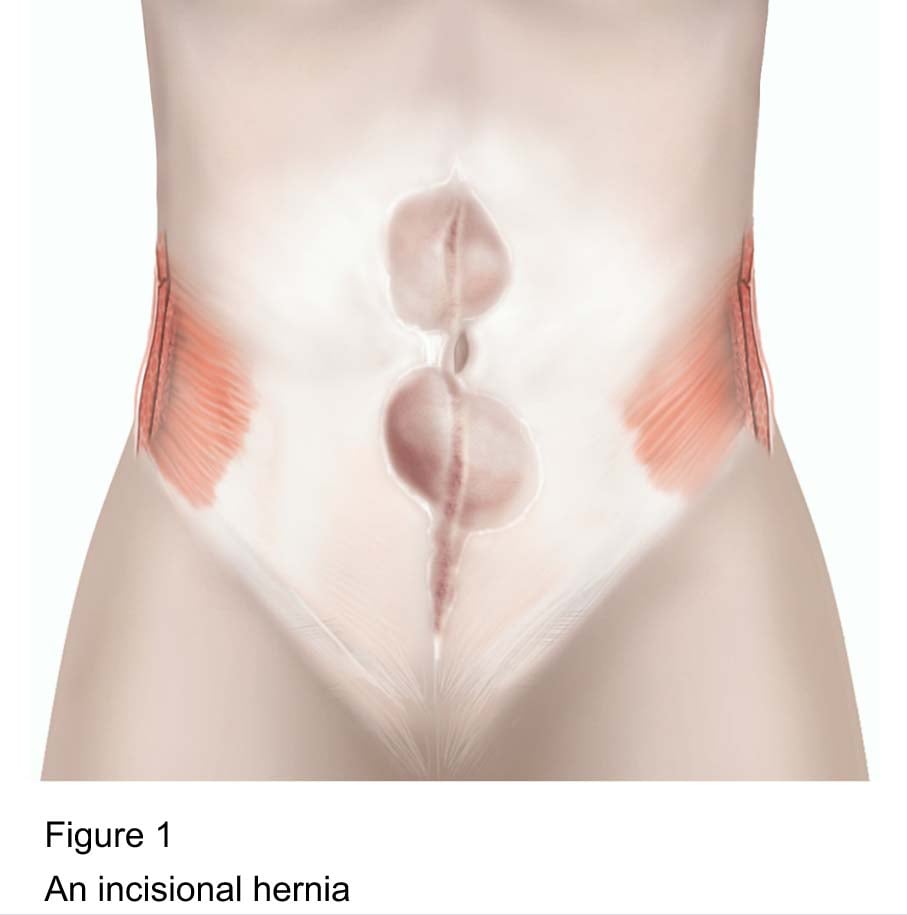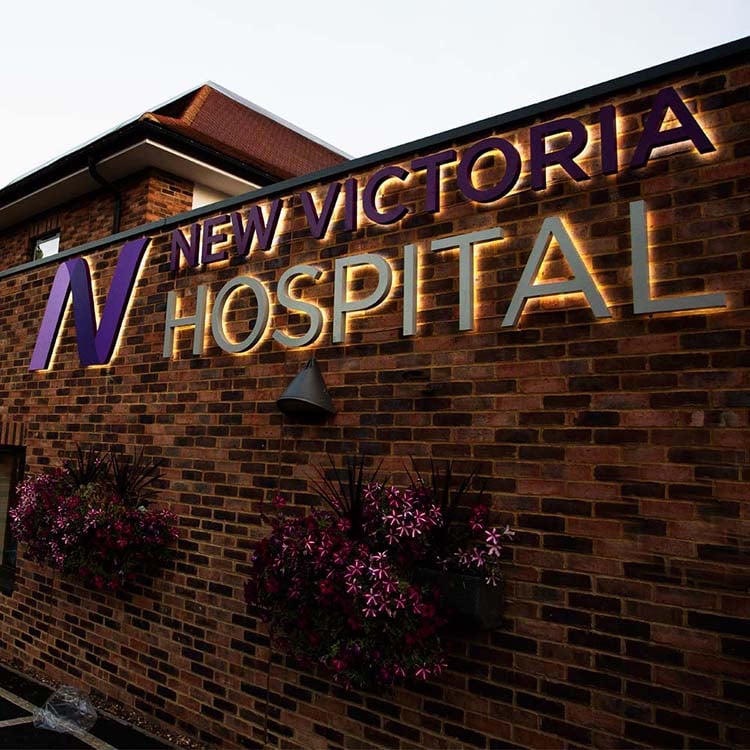What is an Incisional Hernia?
Any operation on your abdomen needs a cut that is closed with stitches. Sometimes your wound does not heal properly and a weakness happens in the muscle layer. This results in the contents of your abdomen, along with the inner layer, pushing through your abdominal muscles. This produces a lump under your skin called a hernia.
Consultants and Clinic Times

Ms Sala Abdalla
BSc MBBS FRCS (Gen Surg)
Specialities
General Surgery, Upper Gastrointestinal Surgery


Miss Serena Ceraldi
MBBS MSC MD
Specialities
General Surgery, Upper Gastrointestinal Surgery

Mr Francesco Di Maggio
MBBS, MD, MChir
Specialities
General Surgery, Upper Gastrointestinal Surgery

Mr Michael Jarrett
MA, BM ChB, DM, FRCS
Specialities
General Surgery, Colorectal Surgery


Professor Marcus Reddy
BSc(Pharm), MBBS, FRCS(Eng), FRCS(Gen)
Specialities
General Surgery, Weight Loss Surgery












